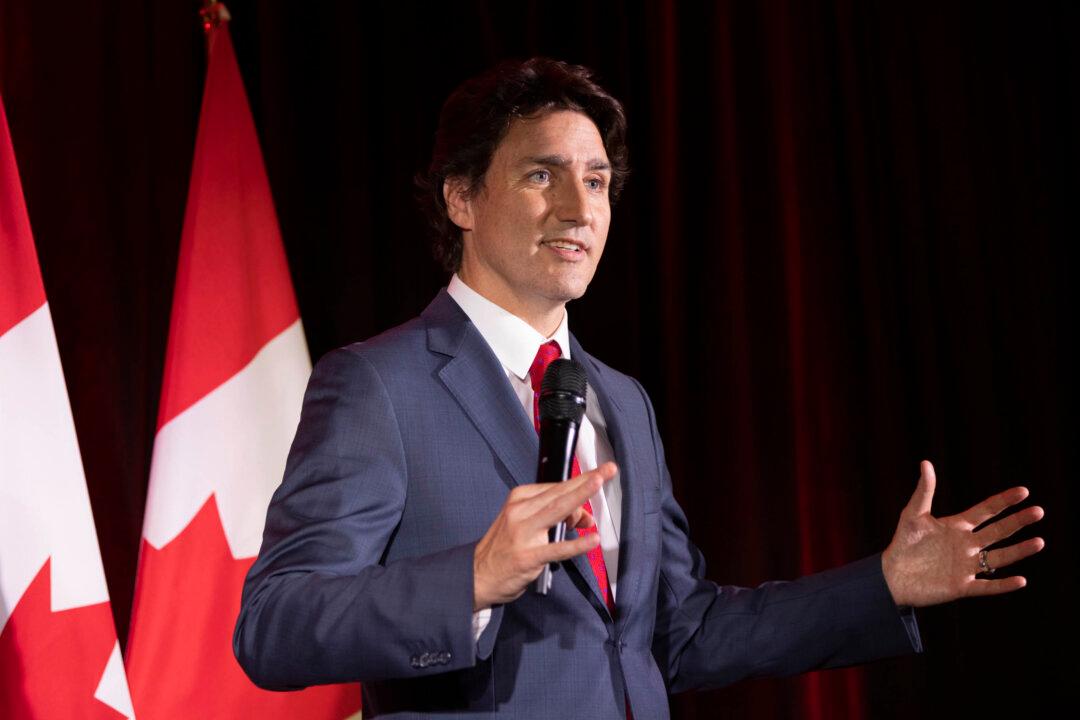Prime Minister Justin Trudeau implicitly told Liberal MPs on Jan. 27 to be ready to campaign in an election due to the minority status of their government, in a speech during the party’s caucus retreat that focused on accomplishments and criticized Conservative Party Leader Pierre Poilievre.
“We need you to keep stepping up in your communities,” Trudeau said.





